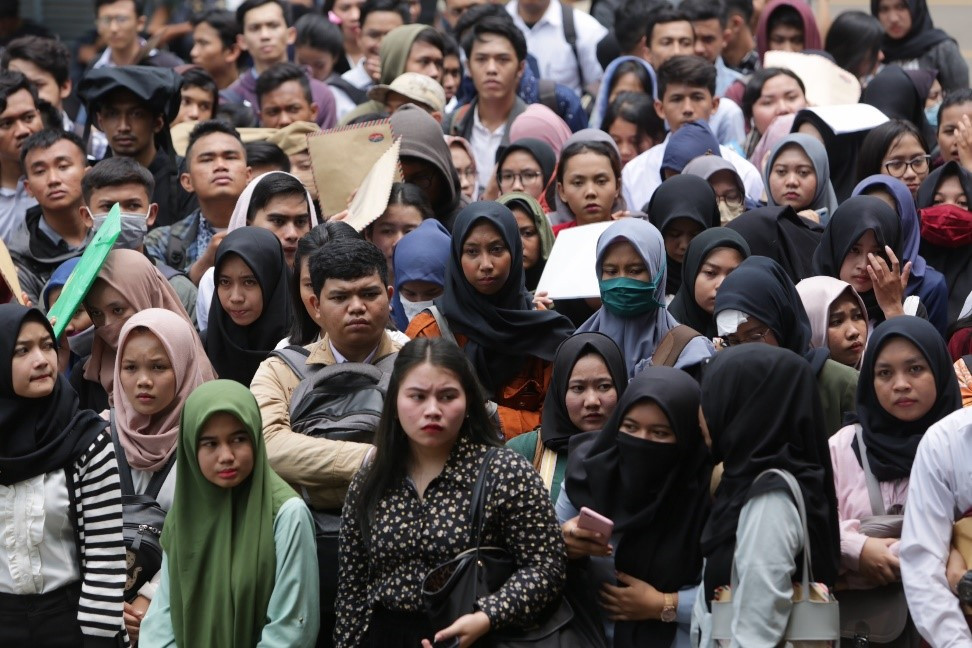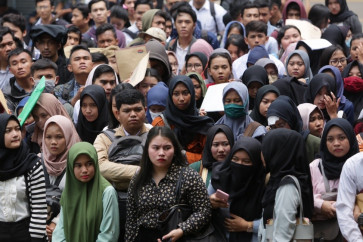Popular Reads
Top Results
Can't find what you're looking for?
View all search resultsPopular Reads
Top Results
Can't find what you're looking for?
View all search resultsBoosting employment opportunities: Lesson from OECD
Thousands of job seekers register at manpower offices every year, but most of the skills training implemented by these offices is run by private or public training providers.
Change text size
Gift Premium Articles
to Anyone
T
he COVID-19 pandemic has had a severe impact on global employment. Millions of people have been laid off during this outbreak. Some 35 million people were estimated to be unemployed in the Organization for Economic Cooperation and Development (OECD) area in February 2022.
Even though many countries have passed the pandemic, the impact on the economy and unemployment requires a long-term recovery. Indonesia as a big country requires strong support from local authorities, industries, educational institutions and citizens to restore the economy and to boost employment opportunities.
By November 2020, unemployment reached 12.4 million, an increase of 2.67 million. Local administrations have the authority under the 2004 Regional Autonomy Law to support local economic development and employment, but there are many challenges in using this power. This article provides some examples of cities and regions that promote employment opportunities.
The OECD held Local Skills Week virtually on Feb. 15-17 attended by 2,000 delegations/participants. The webinar shared the local policies of several cities in Europe and the United States on employment shortages and local solutions during the pandemic. Mismatches between the supply side from schools and training providers and the demand side on employment from industry are a common issue in those cities.
However, those cities have developed appropriate policies and strategic programs on skilling, upskilling and reskilling. Good lessons have been learned for regencies and cities. Most cities and regencies in Indonesia rely on central government programs and budgeting to support skills training and employment facilitation, even though they have the authority to support employment opportunities under the Regional Autonomy Law.
The main strategy to match supply and demand is employment facilitation through employment service centers. It is rare in Indonesia to set up employment services, because most manpower service offices run this service through different directorates/subsections, which are not linked. Skills training is run by the training directorate and employment facilitation implemented by other directorates.
Thousands of job seekers register at manpower offices every year, but most of the skills training implemented by these offices is run by private or public training providers. Those training providers tend to recruit participants by themselves without using registered job seeker data at manpower offices. In addition, the resources to deliver skills training are not matched with rapidly growing unemployment rates every year.



















